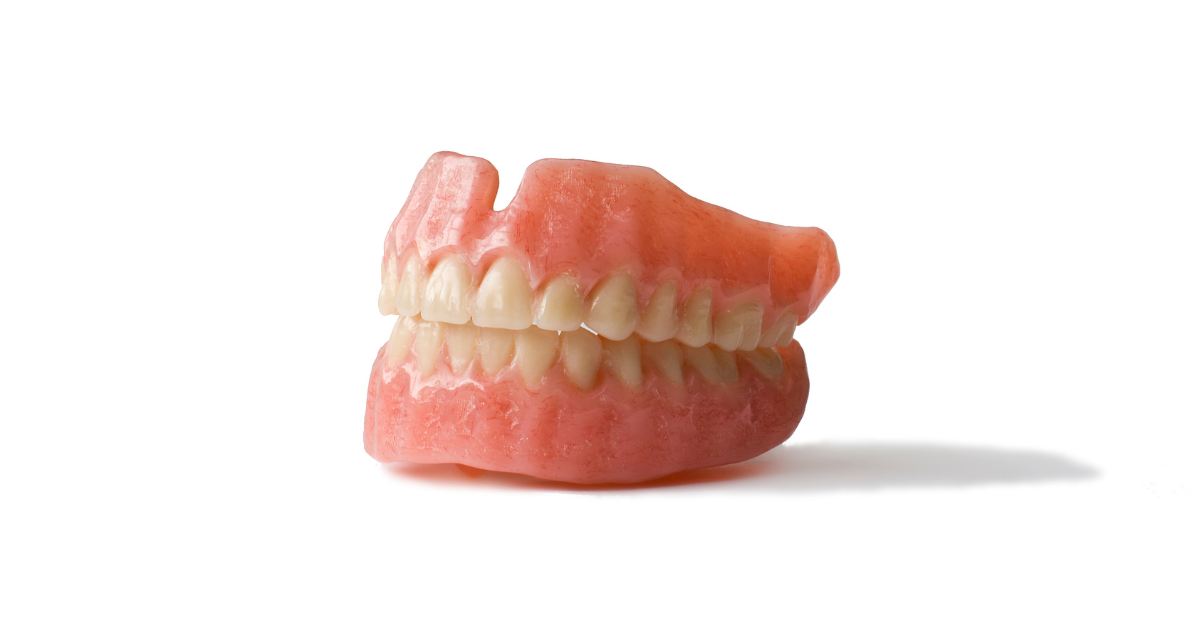Pregnancy is a time of significant changes in a woman’s body, and often raises questions about the safety of various medical procedures, including dental treatments. Root canal therapy, a common dental procedure to treat infected or damaged tooth roots, is one such procedure that may cause concern for pregnant women. Understanding the safety and considerations of root canals during pregnancy can help alleviate anxiety and inform decision-making.
Safety of Root Canals During Pregnancy
Studies have shown that root canals are considered safe during pregnancy. The American Dental Association (ADA) and the American College of Obstetricians and Gynecologists (ACOG) both support the notion that root canals are generally safe and necessary procedures when indicated for pregnant women.
Reasons for Root Canals During Pregnancy
There are several reasons why root canals may be necessary during pregnancy:
-
Treating Infected Tooth Roots: Infected tooth roots can cause pain, swelling, and potential abscess formation, which can pose a risk to both the mother and the developing baby.
-
Preventing Complications: Left untreated, infected tooth roots can lead to serious complications, such as premature birth or low birth weight.
-
Maintaining Oral Health: Addressing dental problems during pregnancy is crucial for maintaining overall oral health and preventing further complications.
Considerations for Root Canals During Pregnancy
While root canals are generally safe during pregnancy, there are some considerations to keep in mind:
-
Timing of the Procedure: Root canals are typically considered most appropriate during the second trimester of pregnancy, as the first trimester is a critical period for fetal development and the third trimester may pose logistical challenges.
-
Anesthesia Options: X-rays are typically avoided during pregnancy unless absolutely necessary. However, if X-rays are required, a protective lead apron is used to shield the abdomen from radiation.
-
Post-Procedure Care: Follow your dentist’s instructions carefully for post-procedure care, including taking any prescribed medications and maintaining proper oral hygiene.
Communication with Healthcare Providers
Open communication with both your dentist and your obstetrician is essential when considering a root canal during pregnancy. Your dentist will assess your individual oral health needs and determine if a root canal is necessary. Your obstetrician can provide guidance on any pregnancy-related concerns and ensure that the procedure is timed appropriately.
Conclusion
Root canals are generally considered safe and necessary procedures when indicated for pregnant women. By understanding the safety considerations and communicating openly with your healthcare providers, you can make informed decisions about your dental care and safeguard your oral health during this special time. Please find the dental office near you in these locations: Attleboro, Chelmsford, Hyde Park, Jamaica Plain, Lynn, Manchester, Methuen, Roslindale, Taunton.




